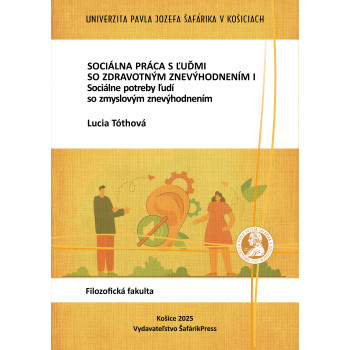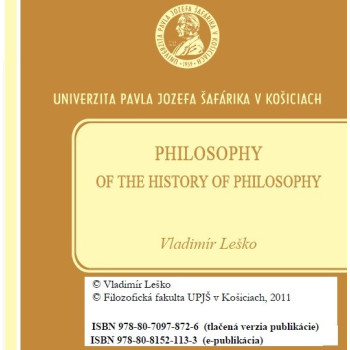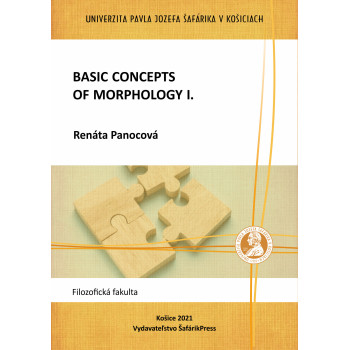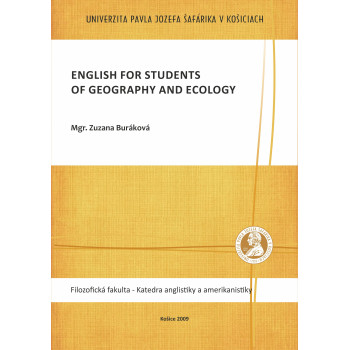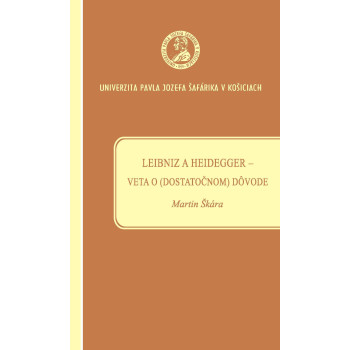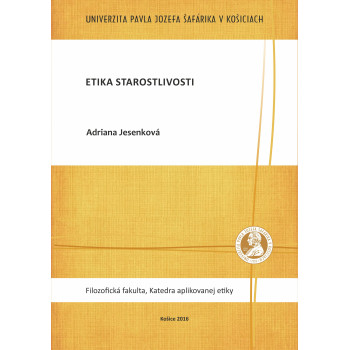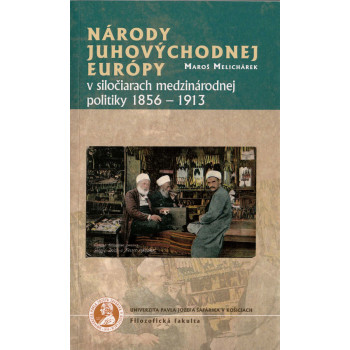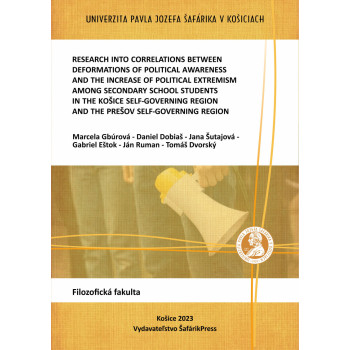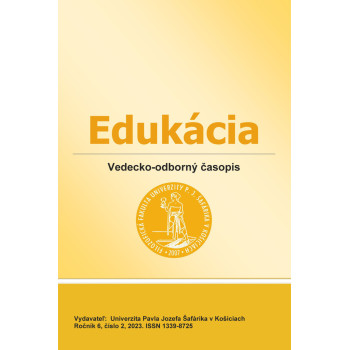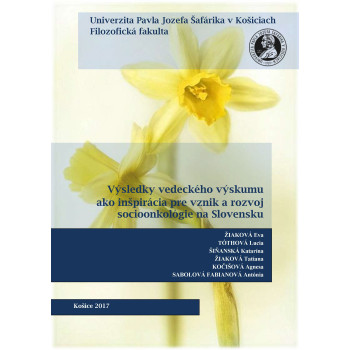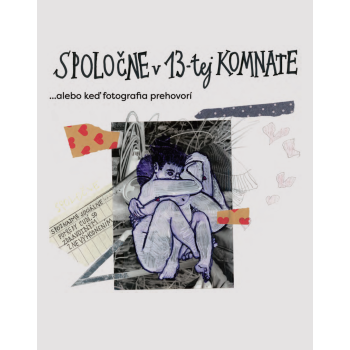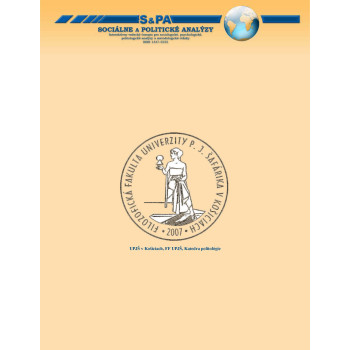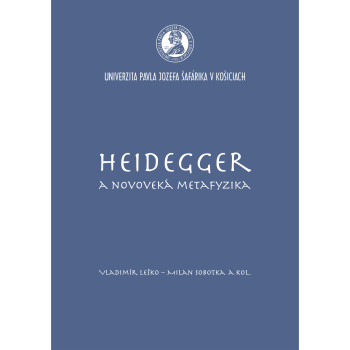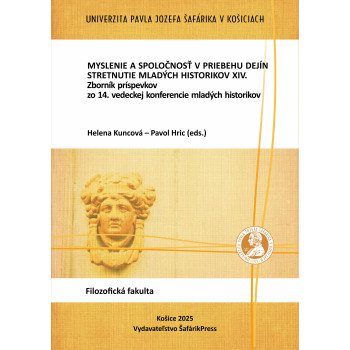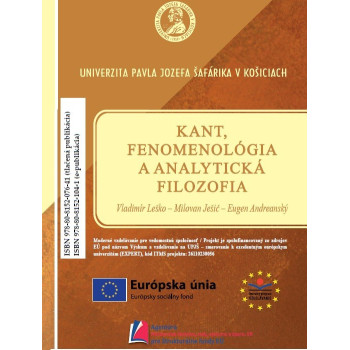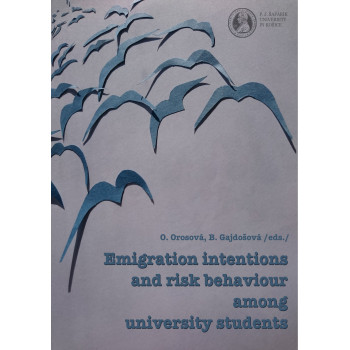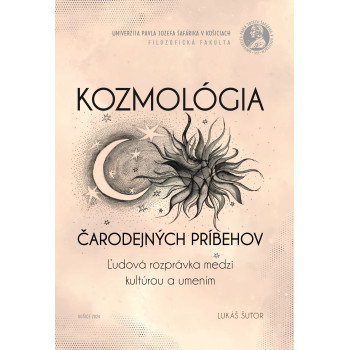
Sociálna práca s ľuďmi so zdravotným...
E-book
Počet ľudí so zdravotným znevýhodnením neustále rastie, čo predstavuje výzvu aj pre oblasť sociálnej práce. Tá zohráva kľúčovú úlohu v podpore týchto osôb a hľadaní efektívnych spôsobov napĺňania ich potrieb.
Vysokoškolská učebnica vznikla v rámci riešenia projektu KEGA č. 018UPJŠ-4/2024 s názvom „PhotoVoice ako inovatívna metóda advokácie sociálnych potrieb ľudí so sluchovým postihnutím“. Je prvou časťou viacdielneho cyklu, ktorý sa venuje rôznym aspektom tejto problematiky. Učebnica analyzuje historické a teoretické východiská, terminológiu a modely zdravotného znevýhodnenia. Venuje sa špecifikám vybraných druhov zmyslového znevýhodnenia. Osobitná pozornosť sa upriamuje na sociálne potreby týchto osôb a advokácii v sociálnej práci, pričom zdôraznený je význam aktívneho zapojenia ľudí so zdravotným znevýhodnením do riešenia vlastných životných situácií.
Okrem poskytovania odborných poznatkov môže učebnica slúžiť aj ako podnet na hlbšiu reflexiu vlastného prístupu k ľuďom so zdravotným znevýhodnením a na rozvoj citlivého prístupu k ľuďom so zdravotným znevýhodnením. Navyše, učebnica obsahuje vybrané prvky tzv. jasnej tlače, čím podporuje jej prístupnosť.



